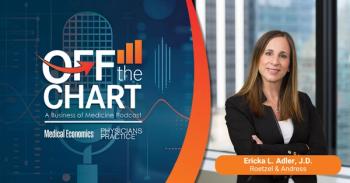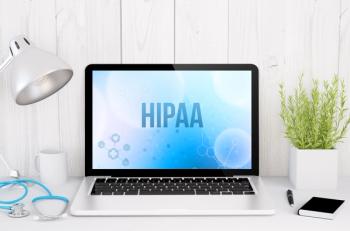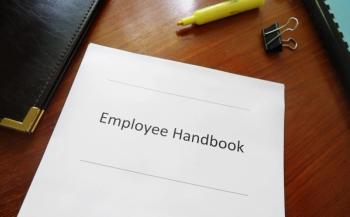
Seasonal asset protection: Back-to-school risks for physician parents
Physicians need to manage personal risk and family legal planning issues as summer comes to a close.
We are the in the home stretch of summer break season, with many of you wrapping up family vacations. You’ll be returning to normal work and school schedules in less than 30 days. Some of the personal risks you face as a result of this seasonal reset are predictable and can be easily managed.
Here’s what you need to know to keep your children and your assets safe.
Parental liability, including your adult children
You may have children of high school or college age who may be living in your home and driving your cars. If your children are over 18 and living at a different address, seriously consider transferring title to their vehicle to them and having them separately insured to avoid being implicated in any liability for their accidents. Plaintiff’s attorneys always prefer having a successful physician as a defendant to a college student of limited means.
This title transfer is rarely practical for minor children, those under the age of 18, so monitor their use of your property carefully, as we are still in the
Also consider insurance coverage for a home you may have purchased or leased for your children. If you bought a home or condo for them as an investment, it should be heavily insured for loss and liability. If you are the lessee or a cosigner on a lease, you should be wary of any liability at the property and heavily protected with renter’s insurance at high liability limits. Your life savings can be jeopardized by every keg party, accident or assault on the property. I have seen a variety of such claims over the years.
Estate planning for everyone
You should obviously have your own estate plan that’s drafted (and actually fundedby transferring assets into it) more than 48 hours before you leave on an exotic vacation. That said, your children may need some estate planning, too. For example, an 18 year old with no independent assets of any kind may use a simple will if required to dispose of their personal property. However, a 21-year-old adult child with some combination of assets, real estate, savings, trust funds, spouse and children may need a full revocable trust.
It’s important to not just to plan for their possible death, but to also plan for life eventsthat may require help from others, including yourself as their parent. Once your children turn 18, they are no longer automatically subject to your legal authority. As an adult, their healthcare, financial, legal and other authority is no longer in your control. These are some basic essentials to have them complete now before your children enter adulthood (at least in the eyes of the law):
- Durable power of attorney for healthcare and living will allows you to make healthcare or end of life choices for them if they are incapacitated or have a medical issue;
- HIPAA release form grants you legal access to their healthcare info from various physicians and other providers;
- General power of attorney authorizes you to help legally control and access info on various issues they may need help with, including private financial, legal and academic information.
Remember that each of these documents should be formally executed in a way that complies with your state law. Don’t expect a hospital, university, bank or landlord to release info or control because “I’m his parent” or because you are a fellow physician. Addressing these now, calmly and before an emergency, will protect both you and your children as the fall starts - and as they begin a new season of their life.
Ike Devji, JD, has practiced law exclusively in the areas of asset protection, risk management and wealth preservation for the last 16 years. He helps protect a national client base with more than $5 billion in personal assets, including several thousand physicians. He is a contributing author to multiple books for physicians and a frequent medical conference speaker and CME presenter. Learn more at
Newsletter
Optimize your practice with the Physicians Practice newsletter, offering management pearls, leadership tips, and business strategies tailored for practice administrators and physicians of any specialty.








